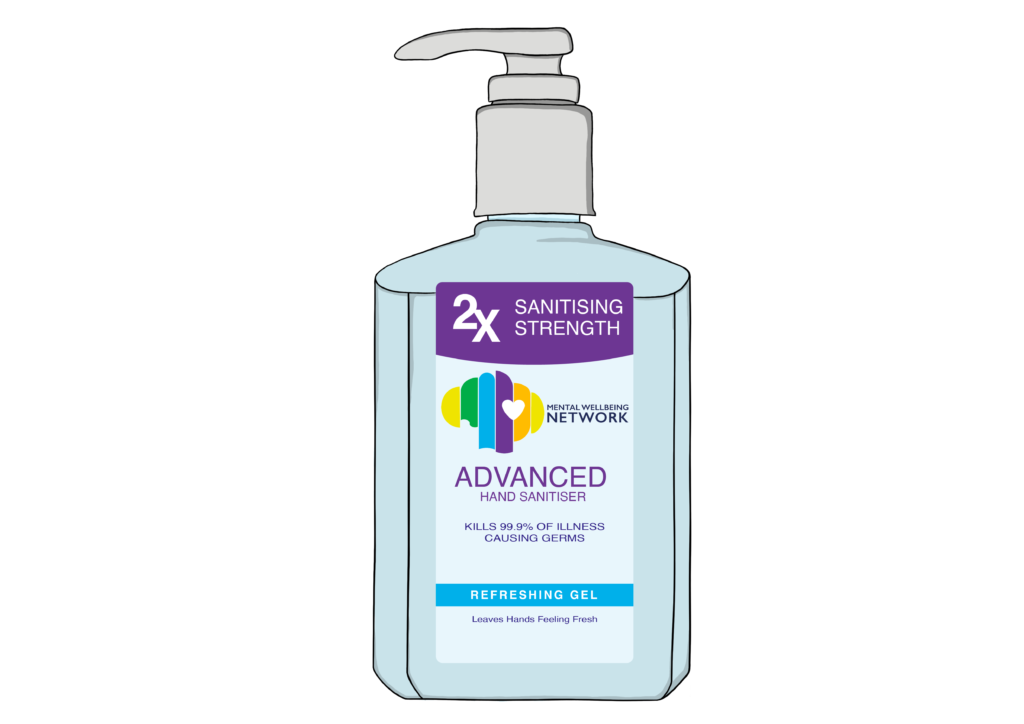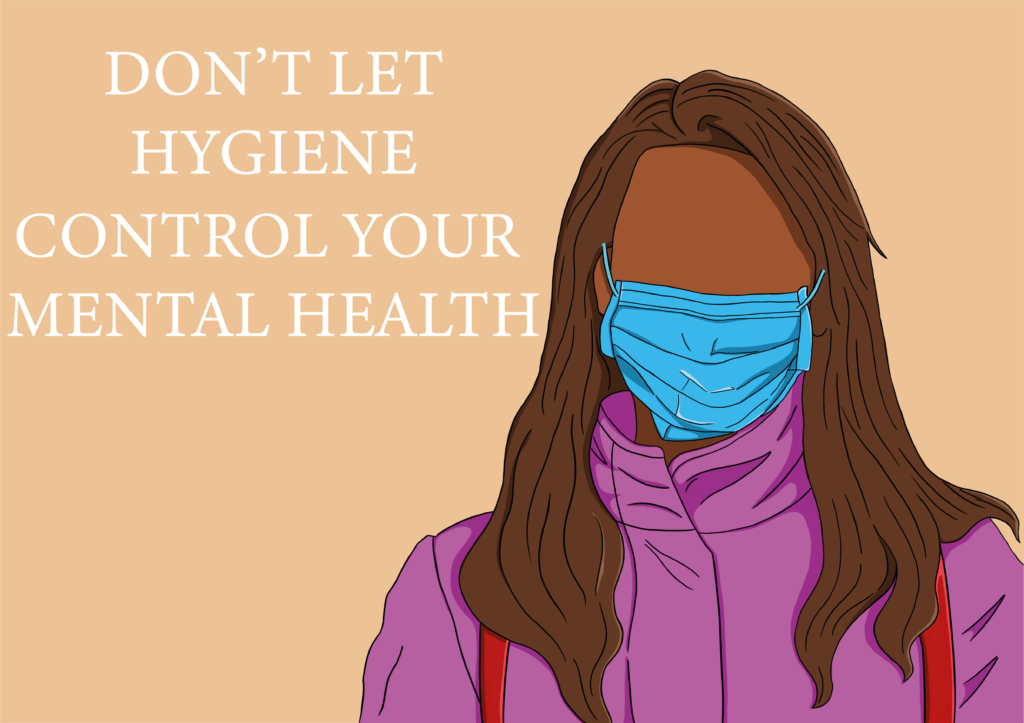Personal hygiene is the routines and practices you follow to prevent yourself from getting diseases to maintain your health.
But is it just your physical health you are maintaining?
‘A sound mind in a sound body’
English translation of a famous quote by the Ancient Greek philosopher Thales.
This quote talks about how to have a “sound mind”, one must also have a “sound body”. For you to have a “sound” mind, you need to have the ability to think clearly and be able to enjoy your life. While to have a “sound” body, you need to be physically healthy and fit. So this quote is directly telling you that your body’s health directly affects your mind’s health. While the person who made this quote was from ancient Greece, born approximately around 2600 years ago, it is still relevant today and treated as fact.
How can mental illness affect hygiene?
Some mental illnesses can cause people to wash excessively or obsess about their hygiene or cleanliness. In contrast, others can make you disregard hygiene or cleanliness entirely.
OCD and hygiene
The mental illness most generally associated with cleanliness and hygiene is obsessive-compulsive disorder (OCD). As in most pop culture’s portrayals of OCD in TV shows like “the Big Bang Theory” and “Friends”, it shows someone meticulous, organised and usually a germaphobe. However, OCD isn’t always about cleanliness or hygiene. So those with OCD aren’t all germaphobes and people that can’t stand the sight of dust or dirt.
OCD has a lot to do with obsessions and compulsions. People with OCD cannot ignore the intrusive thoughts they sometimes get. They have to act on them or be anxious all day.
Obsessions are when you get an unwanted or intrusive thought, and you persistently think about it.
Obsessions can be about things other than being clean and hygienic. They could be a fear like hurting someone or yourself, burning your house down, or not feeding a pet enough. Some fears can seem ridiculous to others, but they are genuine to the person with OCD.
Compulsions are the actions you take to reduce your anxiety or stress.
A compulsion for somebody with OCD is a task they need to do. Compulsions can make it difficult to leave the house on time or function throughout the day for somebody with OCD because they often take a lot of time.
OCD can make you excessively worried about personal hygiene and cleanliness, making them excessively clean. Some scientists hypothesise that being too clean can weaken the immune system.

Depression and hygiene
Depression is a common mental illness that is usually associated with feeling down. However, it is distinguishable from usual mood fluctuations and emotional reactions to everyday life as it lasts much longer.
Due to being associated with feeling down, some people assume depression is either trivial or not an actual illness. These assumptions are wrong and sometimes dangerous, as they can stop people from getting the help they need.
Depression is an illness that can become a severe condition when it is moderately to severely intense or is reoccurring. While sometimes, severe depression can cause people to commit suicide.
Depression can make it hard to get out of bed. Depression can make you feel like you have less energy depending on how severe it is, making it challenging to be a functional person in many different areas. When you have depression, you don’t just feel down, but you feel heavier or physically weighed down, which makes moving harder than it should be.
These effects can also cause further problems to your mental health, making it continue to worsen if left unaddressed.
It can negatively impact not just severe conditions like heart disease.
But also lead to problems that can escalate and negatively affect your health in the future, such as:
- Discouraging you from exercising can cause many health problems such as high blood pressure, obesity, heart disease, etc.
- Preventing or negatively influencing social interaction can lead to stress, isolation and loneliness, increasing your risk of mental health issues.
- Making you incredibly lethargic, Leading you not to do necessary tasks like personal hygiene, grooming, eating etc.
Some of those with severe cases of depression stop all basic personal tasks such as showering and brushing their teeth. However, never shame them into doing things they feel they can’t do, just as you wouldn’t force someone with a broken leg to climb five flights of stairs.

Anxiety and hygiene
Anxiety is a feeling of unease that can be mild or severe. Everyone has felt anxious, but it usually passes overtime for most. However, sometimes it can last a very long time. Anxiety can make you feel sweaty, shaky or short of breath and increase your heart rate. It can affect your body and mind as it can cause changes in your behaviour, such as avoiding things that cause anxiety or becoming overly cautious. More intense or overwhelming anxiety can interfere with your everyday life and relationship.
Anxiety can affect people’s hygiene when it is more severe by making them overly concerned with personal hygiene and appearance.
How does a lack of hygiene harm mental health?
Mental health issues are challenging for some to discuss as they have been stigmatised for so long by society. Society has been getting less discriminatory towards those with mental health issues for a while now.
However, people still have prejudiced views against those who lack personal hygiene. They often associate them with homelessness, laziness and poverty, which society looks down upon for many different reasons.
Both stigma and discrimination can aggravate someone’s mental health problems and dissuade them from seeking help. Mental health issues can be linked to stigmatised subjects such as:
- Social isolation
- Poor housing or homelessness
- unemployment
- poverty
- lack of personal hygiene (due to mental health or not being having access to the needed material)
All of these stigmatised categories are hard on the people in them already. Still, when they suffer through discrimination, it is clear why people in a stigmatised class have an increased risk of mental health issues.
If you feel you have any mental conditions mentioned in this article, seek support from either your GP or a therapist.



